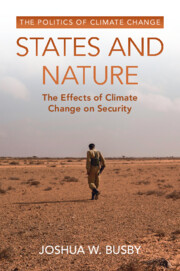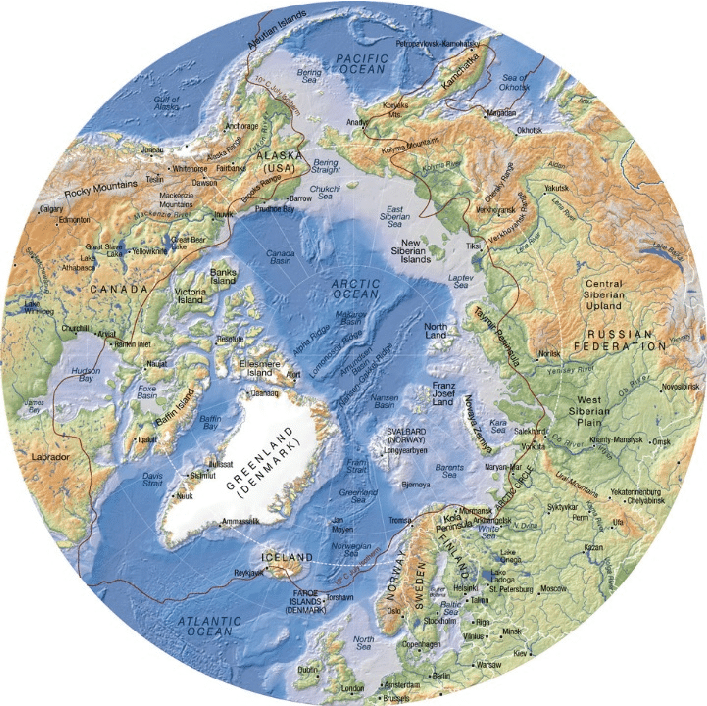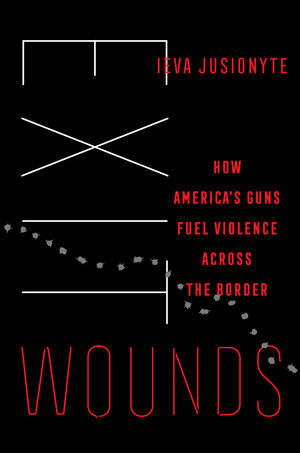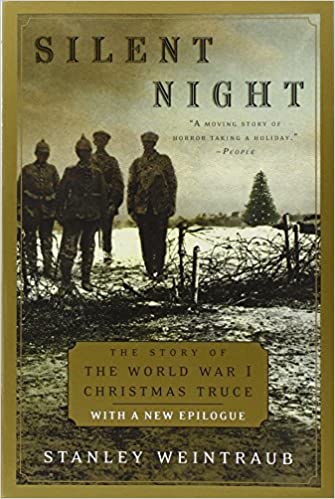In the 1960s and 70s, a group of black filmmakers at UCLA produced a diverse collection of films to challenge Hollywood’s depiction of black communities.
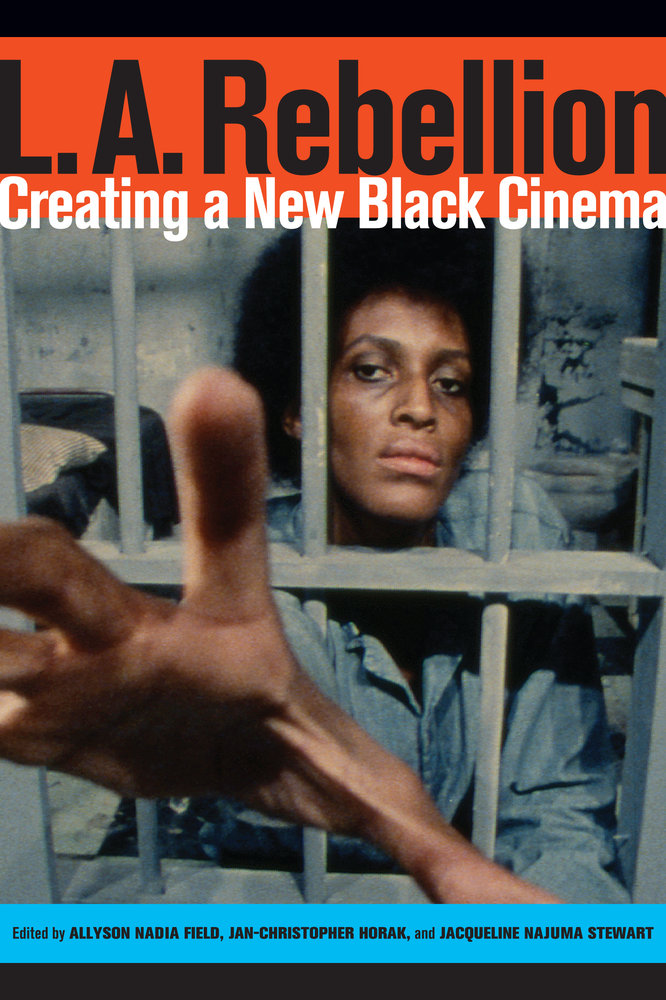
The LA Rebellion presented films with uniquely black stories. What was this movement and what did it accomplish? [ dur: 30mins. ]
- Allyson Nadia Field is Associate Professor of Cinema and Media Studies at the University of Chicago. She is the author of Acts of Love: Black Performance and the Kiss that Changed Film History and co-editor of L.A. Rebellion: Creating a New Black Cinema.
- Bernard Nicolas holds a Master of Fine Arts in Film Production from UCLA during L.A. Rebellion era. He is a writer, producer, director, actor. Films he directed include Daydream Therapy and Gidget Meets Hondo.
UCLA archive of L.A. Rebellion for Black Cinema can be found here. Some films from this collective :
- Killer of Sheep ( Charles Burnett )
- Daughters of the Dust ( Julie Dash )
- Bush Mama ( Haile Gerima )
- Diary of an African Nun ( Julie Dash )
- Grey Area ( Monona Wali )
- A Day in the life of Wille Faust or Death on Installment Plan ( Jamma Fanaka )
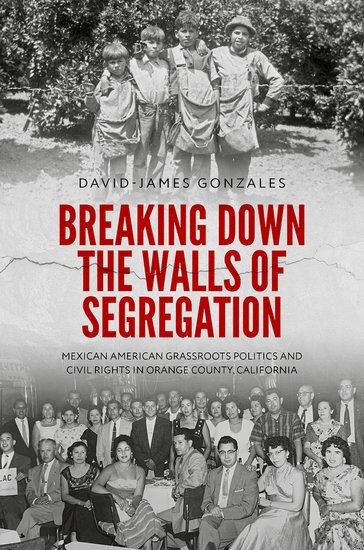
California’s historic segregation of Mexican-Americans contrasted with the South’s version of segregation. In California, who did this segregation serve? Our guest confirms it was the interests of “citrus capitalism” in Orange County. The famous Supreme Court Case Broad v Board of Education challenged segregation in public schools. But there was another precedent, the Mendes et al case, that challenged segregation and education in California against Mexican-Americans. [ dur: 28mins. ]
- David-James Gonzales is Assistant Professor of Histroy at Brigham Young University. He is the author of the book of discussion – Breaking Down the Walls of Segregation: Mexican American Grassroots Politics and Civil Rights in Orange County, CA.
This program is produced by Doug Becker, Ankine Aghassian, Maria Armoudian, Anna Lapin and Sudd Dongre.
Arts and Humanities, Family / Education, Politics and Activism, Society and Culture, Film, Civil Liberties, Racism, Schools
Podcast: Play in new window | Download
Subscribe: RSS

